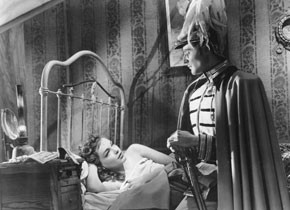Burned Books
June 12 to 22, 2013
"Wherever they burn books they will also, in the end, Burn human beings."
(Heinrich Heine, Almansor, 1821)
On May 10, 1933, public book burnings were held in Berlin and 17 other German cities. These were media-savvy expressions of the new National-Socialist notion of “cultural politics”. Until well into the summer of 1933, Germany fanned the flames, banning the works of hundreds of Jewish and/or politically or aesthetically undesirable writers and scientists from libraries and bookstores. The "burnt poets" included such diverse authors as Karl Marx and Sigmund Freud, Albert Einstein and Bertha von Suttner, Else Lasker-Schüler and Walter Benjamin, Alfred Kerr and Ernst Toller, Maxim Gorky and Jack London, Erich Maria Remarque and Franz Werfel, Anna Seghers and Carl Zuckmayer, Nelly Sachs and Kurt Tucholsky, Irmgard Keun and Alfred Döblin, Egon Erwin Kisch and Joachim Ringelnatz.
While many of these writers forfeited their livelihoods, were forced into exile and even murdered, having their works burned affirmed the significance of their texts even more than before. Erich Kästner was an eyewitness as students in SA- and SS-uniforms threw his works into the fire at the Berlin Opernplatz, Karl Krauss felt "left out," and Oskar Maria Graf angrily demanded: "Burn me!"
This film series commemorates the 80th anniversary of these events, supported by introductions and accompanying audio-visual materials. It looks at the intellectual history and the pop cultural appeal of the burned books – with film adaptations from the works of Jakob Wassermann, Anna Seghers, Bertolt Brecht, Gina Kaus, Arthur Schnitzler, Stefan Zweig, among others. The arc spans from G.W. Pabst’s contemporary adaptation of The Threepenny Opera (1931) to films by Edgar G. Ulmer, Hannu Leminen, Erwin Piscator, Max Ophüls, and to modern-day works such as Paul Thomas Anderson's There Will Be Blood (2007), based on a novel by Upton Sinclair.
A joint project of the Austrian Film Museum, Synema, and the Austrian Exile Library, curated by Michael Omasta and Brigitte Mayr.
Related materials
